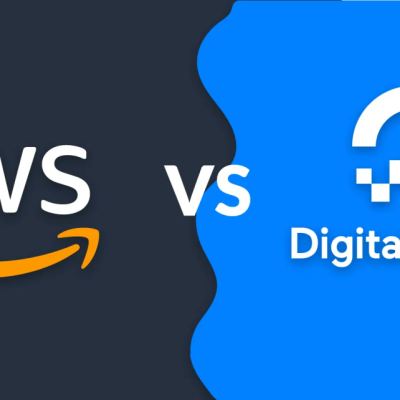
GoDaddy stands out as a prominent name in the web hosting world, boasting millions of customers and a reputation for user-friendly solutions. However, just like that catchy jingle gets stuck in your head, relying solely on GoDaddy can limit your web hosting options and potentially miss out on better fits for your specific needs. This article delves into the vibrant landscape of web hosting alternatives, offering insights and comparisons to empower you to make an informed decision for your website.
Understanding Your Needs: The Compass on Your Hosting Journey
Before setting sail towards alternative shores, it’s crucial to chart your course by understanding your website’s specific needs. Ask yourself these guiding questions:
- What type of website do you have? Is it a simple blog, a bustling e-commerce platform, or a resource-intensive application? The complexity of your website significantly impacts your hosting requirements.
- What’s your traffic volume? Do you anticipate a handful of visitors or a daily tidal wave of online traffic? Scalability and bandwidth limitations become crucial considerations with higher website traffic.
- What’s your budget? Shared hosting offers affordable entry points, while dedicated servers come with a steeper price tag. Determine your budget constraints to narrow down your options.
- What features are essential? Do you prioritize ease of use, advanced customization, or specific security features? Identifying your preferred features ensures you don’t get lost in a sea of unnecessary functionalities.
Alternative Anchors: Navigating the Diverse Hosting Landscape
With your needs charted, let’s dive into the ocean of web hosting alternatives, each offering unique benefits and catering to different demands:
1. Shared Hosting: The most popular and economical option, shared hosting places multiple websites on a single server. Ideal for beginner and low-traffic websites, it offers ease of use and affordability. However, performance can be impacted by resource sharing, making it less suitable for resource-intensive websites.
2. VPS Hosting: Virtual Private Server (VPS) hosting provides a dedicated portion of a physical server, offering the benefits of a dedicated server at a lower cost. VPS offers improved performance and control compared to shared hosting, making it suitable for growing websites and applications.
3. Cloud Hosting: Highly scalable and flexible, cloud hosting spreads your website across a network of servers, ensuring reliable uptime and performance even during traffic spikes. However, cloud hosting can be more expensive than traditional options and requires some technical expertise.
4. Dedicated Hosting: Offering the ultimate in control and performance, dedicated hosting allocates an entire physical server solely to your website. This option caters to high-traffic websites, demanding applications, and businesses requiring complete customization. However, dedicated hosting comes with the highest cost and complexity.
Beyond the Labels: Diving Deeper into Specific Alternatives
While hosting categories provide a broad overview, let’s explore some prominent alternatives within each category that stand out for their unique offerings:
- Shared Hosting:
- Namecheap: Affordable shared hosting with excellent customer support and a user-friendly interface.
- SiteGround: Reliable shared hosting with an emphasis on speed and security, including automatic WordPress updates.
- VPS Hosting:
- DigitalOcean: Powerful and affordable VPS hosting favored by developers for its simplicity and control.
- Linode: Highly customizable VPS hosting with excellent performance and a global network of data centers.
- Cloud Hosting:
- Amazon Web Services (AWS): The industry leader in cloud hosting, offering a vast array of services and scalability options.
- Google Cloud Platform (GCP): A robust cloud platform with competitive pricing and strong integration with Google tools.
- Dedicated Hosting:
- Liquid Web: High-performance dedicated hosting solutions with managed server options and 24/7 support.
- Rackspace: Reliable and customizable dedicated hosting for businesses requiring enterprise-grade solutions.
Making the Right Choice: Anchoring Your Website for Success
Choosing the right hosting alternative is like selecting the perfect boat for your voyage. Analyze your needs, compare features and pricing of different options, and don’t hesitate to reach out to hosting providers for further clarification. Remember, the cheapest option isn’t always the best; prioritize reliable performance, security, and scalability to ensure your website sails smoothly towards success.
Bonus Tips for Smooth Sailing:
- Read reviews and testimonials: Gain insights from existing users about their experiences with different hosting providers.
- Utilize free trials: Many providers offer free trials to let you test their services before committing.
- Focus on customer support: Reliable and responsive customer support is crucial for resolving any issues that may arise.
- Don’t be afraid to migrate: If you’re not satisfied with your current hosting provider, switching to a better option is always possible.






